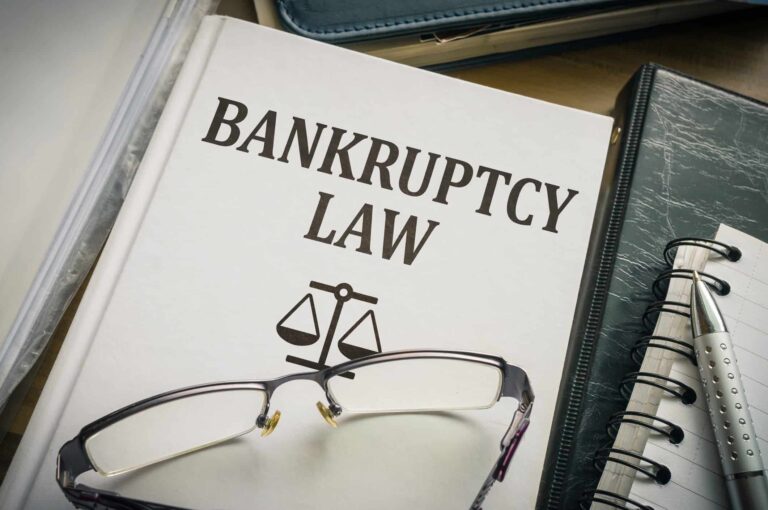Can I Sell My Belongings Before Filing For Bankruptcy?
There’s a lot of confusion about whether selling belongings before bankruptcy is okay. The short answer is yes, as long as you stay within the guidelines. Here’s what you need to know about selling assets before bankruptcy:
It’s okay to sell – at fair value
If you are about to file for bankruptcy, you are free to sell your property in return for “reasonably equivalent value.” In other words, you have to sell an item for what it’s worth. The value of any particular belonging depends on the current market. While an item may be worth less today than it was when you acquired it, as long as you get its worth on today’s market, you’re fine.
Need help with your bankruptcy? We can help you get the fresh start you deserve. Contact us today.
Why must an item sell for its worth?
Bankruptcy law doesn’t scrutinize the sale; it scrutinizes the price. When you sell something for less than it’s actually worth, you have reduced your assets, which means there are fewer assets to liquidate for your secured and unsecured creditors. Such sales are referred to as fraudulent transfers.
Fraudulent transfers
Fraudulent transfers are classified into two categories:
- Actual fraudulent transfers – Transfers purposely intended to hide assets from your creditors.
- Constructive fraudulent transfers – Transfer of an asset for less than its value as a gift, donation, etc.
For example, you have a used car that is valued at $3,000. However, you decide to sell the vehicle to your friend for only $5. According to the bankruptcy courts, you should have sold the car for what it was worth and used the money to pay your debts. This is considered a fraudulent transfer. Consider hiring an appraiser or checking the value of similar items to ensure you are getting a reasonably equivalent value for your item or property.
Selling items for their fair value
Wondering exactly how to sell assets for their true worth on the market and avoid conducting a fraudulent transfer? You must expose the item to the market, which could be as simple as a yard sale, craigslist ad, pawn shop appraisal, etc. Just be sure to record the steps of your sale and list the transfer in the Statement of Financial Affairs and bankruptcy schedules.
It’s essential to properly document your sales to prevent a potential delay or denial of your bankruptcy case.
How do you properly document your sales to prevent a potential delay or denial of your bankruptcy case?
The bankruptcy court will look into sales of nonexempt property that occurred prior to filing for bankruptcy to determine your intent and whether fraud is involved. They will generally review the following:
- If you got a fair market value price for your item
- Your financial stability at the time of the sale
- If you transferred the property to a family member or friend
- If you retained control of the property
- Whether the sale happened because someone threatened to sue you
- If you attempted to conceal the sale
- What was left after the sale
If transferring property or money to someone to help pay off your debts, you will need to include this in your Statement of Financial Affairs for Individuals Filing for Bankruptcy. You should include any details that will help the court and bankruptcy trustee understand the intent of the transfer.
Contact one of our bankruptcy attorneys today!
What can I do to ensure the court doesn’t deny my bankruptcy?
Are you planning to sell property before filing bankruptcy? To help you take the right steps and comply with the U.S. Bankruptcy Code, consider working with an experienced bankruptcy attorney. It’s essential that you file the proper paperwork and include the necessary information to make your bankruptcy successful. Filing chapter 7 bankruptcy could mean a fresh financial start and an opportunity to rebuild your credit if you do it right.
Need legal advice or help sorting through your bankruptcy case? You need a bankruptcy law expert. Schedule a free consultation with a Las Vegas bankruptcy lawyer by calling DeLuca & Associates at (702) 252-4673.
Sources:
Statement of Financial Affairs for Individuals Filing for Bankruptcy. (2022).








